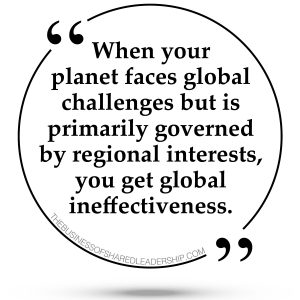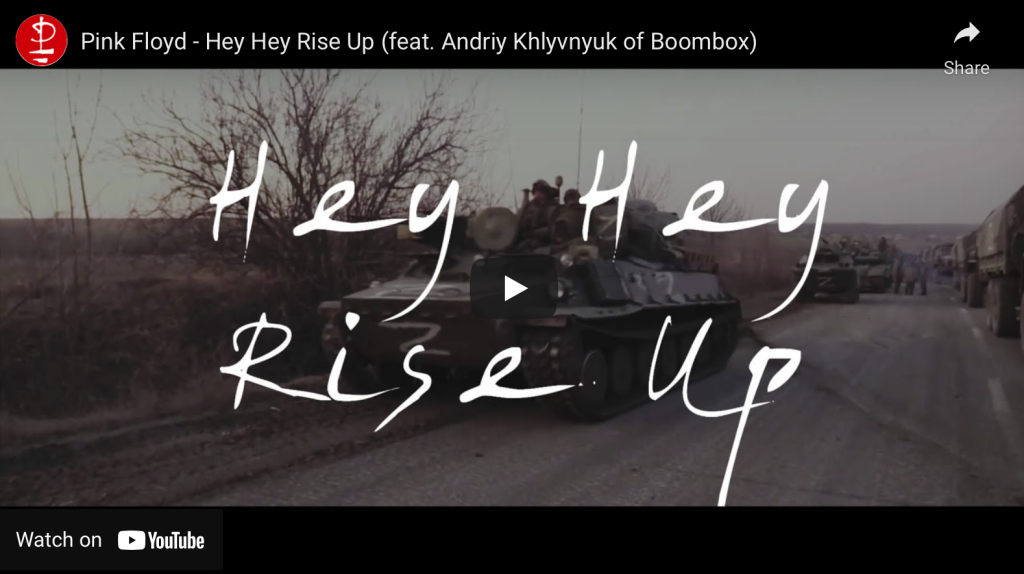“If one person in your family commits a crime, the entire family must be purged.”
“When you have food in your stomach you can think about the meaning of life, but when you are starving, all you can think about is hunger.”
“I never saw a map of the world. As an Asian I didn’t even know I was Asian. I didn’t know who Jesus was.”
“My father went to prison because he collected and sold metal from trash. Trading in any form is illegal—so that you can’t be self-reliant.”
“It is not like leaving any other country. It’s more like leaving another universe.”
These are quotes from North Koreans who escaped North Korea.
Imagine having to “escape” your homeland. Lots of people do.
How is it that such an inhumane and repressive regime (Kim Jong-un’s North Korea) is allowed to exist? How is it that 7.7 billion humans not living in North Korea tolerate 25 million of their brethren being subjugated to such abuse, oppression, hunger, violence, and disregard? Why is that allowed?
 North Korea is a place so foreign to many of our experiences that we struggle to fully fathom its existence and severity. It’s a place where large segments of the population are purposefully kept at starvation levels so that the physical, mental, and emotional energy required for consciousness and free choice are surrendered to the necessities of daily survival. It’s a place where humanitarian aid is intentionally rejected because keeping the populace weak is essential to the regime’s survival. It’s a place of brutal prisons and public executions that can come for anyone at any time. Fact or fiction is irrelevant when it comes to your guilt or punishment. If the wrong people blame you, you’re guilty. It’s a place where the leader alone is exalted as holy. It’s a place surrounded by barbed wire. And as always is the case with repressive regimes, it’s a government created in the name of the people.
North Korea is a place so foreign to many of our experiences that we struggle to fully fathom its existence and severity. It’s a place where large segments of the population are purposefully kept at starvation levels so that the physical, mental, and emotional energy required for consciousness and free choice are surrendered to the necessities of daily survival. It’s a place where humanitarian aid is intentionally rejected because keeping the populace weak is essential to the regime’s survival. It’s a place of brutal prisons and public executions that can come for anyone at any time. Fact or fiction is irrelevant when it comes to your guilt or punishment. If the wrong people blame you, you’re guilty. It’s a place where the leader alone is exalted as holy. It’s a place surrounded by barbed wire. And as always is the case with repressive regimes, it’s a government created in the name of the people.
How is such an overtly evil institution still in existence in the twenty-first century? How does humanity allow it to endure?
The answer is that a critical mass of humanity still does not see and act upon the oneness that binds us all. Instead, we continue to first honor the historic patterns of regionalism, bound by the narrow interests of our own borders. This manifests in the limited power of global organizations. Countries are still the dominant governing structure, even though our problems and opportunities are increasingly all-inclusive in scope. When your planet faces global challenges but is primarily governed by regional interests, you get global ineffectiveness.
Borders are an example of how humans create their own realities. The border between North and South Korea did not exist until 1945, when the country was divided upon the Japanese surrender ending World War II. The Soviet Union occupied the North and the United States, the South.
Today millions of otherwise amazing Koreans suffer barely tolerable conditions only because they were born north of a line that is only real if other humans allow it to be so. If people were being treated the same way in Kansas or the British countryside, it would not stand. North Korea may seem far, far away to many, but viewed from Mars we all look alike and comprise one barely visible tribe on a tiny spiraling planet.
In the fall of last year JPMorgan Chase CEO Jamie Dimon was in Hong Kong celebrating his company’s 100th anniversary. It also happened to be the 100th anniversary of the Chinese Communist Party. At a business gathering Mr. Dimon made the following simple statement: “And I’ll make a bet we last longer [than the Chinese Communist Party]. But I can’t say that in China,” he continued. “They’re probably listening anyway.”
The very next day Mr. Dimon apologized for his remarks, and the JPMorgan communications team went to work making amends.
Why?
Money.
Like most global firms, China is a big market for JPMorgan. The Chinese Communist Party punishes firms that speak negatively about them and rewards those that don’t.
The Chinese people are amazing. Chinese culture enriches the world. The same is true for the Korean people, but in both cases—and in different ways—their ruling political elite intentionally restrict freedom for the people they rule. I am not comparing the two governments other than to say that they each have their own strategies for limiting freedom of movement, expression, and voice.
In Korea’s extreme case, we tolerate it. In China’s typically more-nuanced case, we fund it. As long as the power of money prevails over freedom, freedom will be outweighed.
Humans are conscious beings, and as such, we create our own realities. Therefore, North Koreans live in terror, facing extreme poverty, hunger, and unfathomable repression.
Humanity is not free so long as we allow invisible, arbitrary lines to decide which subgroups get to be free. And as long as such lines exist, they can always be redrawn to include you.

“Hey, Hey, Rise Up” features Andriy Khlyvnyuk of Ukrainian band Boombox on vocals and the song will raise money for a Ukrainian charity. Click the player box above to listen to the song, and hear more about the story behind this inspiration in this recent article published in Rolling Stone Magazine.
***
Thank you for considering my thoughts. In return I honor yours.
Every voice matters. Nestled between our differences lies our future.